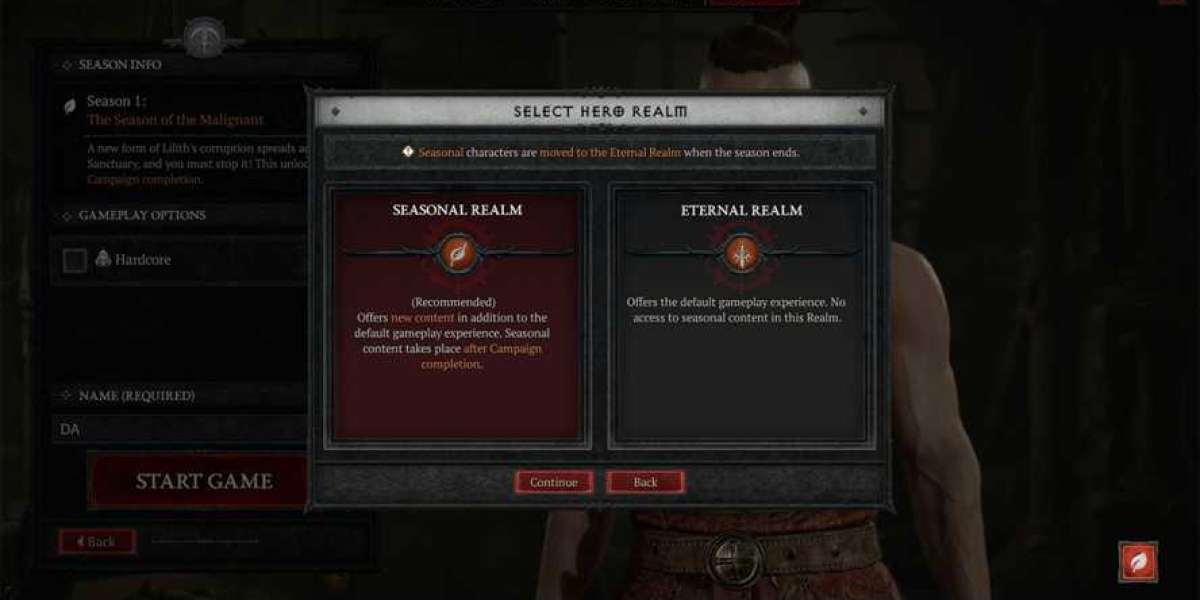Have you ever wondered why some people bounce back from heartbreak quickly, while others seem stuck in a perpetual cycle of longing and regret? The answer might lie in attachment styles.
Attachment theory suggests that our early relationships with caregivers shape our expectations and behaviors in adult relationships. There are four main attachment styles:
- Secure: People with secure attachment styles feel comfortable with intimacy and independence. They trust their partners and can navigate conflicts healthily.
- Anxious: Individuals with anxious attachment often crave closeness but fear rejection. They may become clingy or demanding in relationships.
- Avoidant: People with avoidant attachment tend to prioritize independence and emotional distance. They might struggle with intimacy and vulnerability.
- Disorganized: This style is characterized by inconsistent and unpredictable behavior. People with disorganized attachment often have a history of trauma or neglect.
Those with anxious or disorganized attachment styles are more likely to experience intense emotional pain after a breakup. They may find it difficult to let go of the past and move on. On the other hand, individuals with secure or avoidant attachment styles may cope better with heartbreak, focusing on self-care and rebuilding their lives.
Understanding your attachment style can provide valuable insights into your relationship patterns and help you develop healthier coping mechanisms.
Seeking Professional Help If you're struggling to move on from a breakup, consider seeking guidance from a mental health professional. A therapist can help you explore your attachment style, develop coping strategies, and build resilience.
Remember, healing takes time. Be patient with yourself and allow yourself to grieve the loss of the relationship. With time and support, you will emerge stronger and more resilient.


